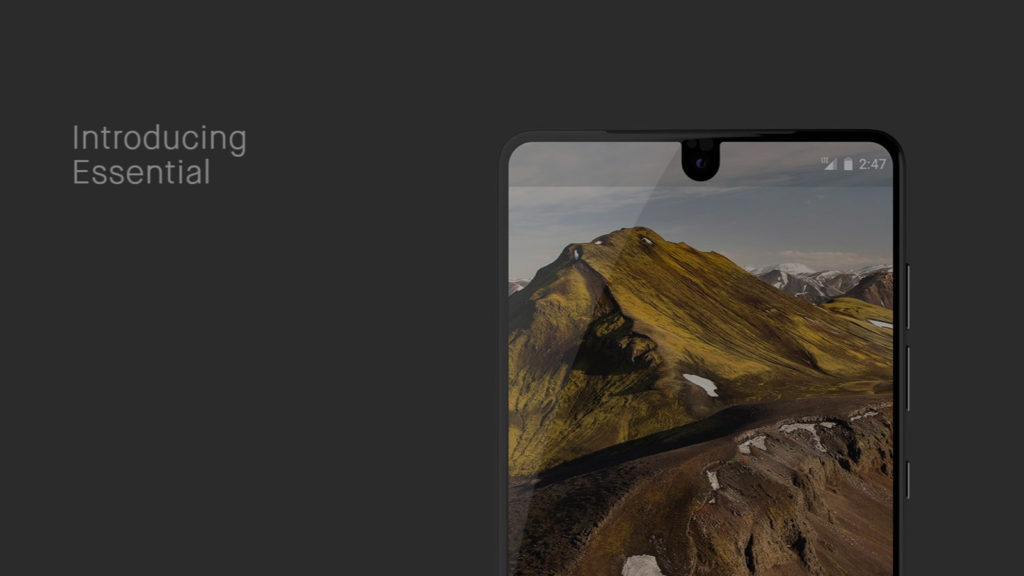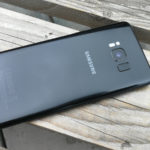With powerful hardware working together with an industry-leading camera system and intuitive AI experiences, everyday tasks have never been easier and faster
Essential Phone: will Android co-founder’s phone succeed?

Earlier this week, we saw the launch of the Essential Phone, being the brain-child of Android co-founder Andy Rubin.
Featuring a hardware add-on system similar to Moto Mods and Huawei‘s dual-camera setup, the new smartphone is also packing some impressive specs. There’s the Snapdragon 835 chip, 4GB of RAM and 128GB of storage.
Then there’s the design, featuring a screen that stretches from edge to edge (only breaking for a front-facing camera), as well as a titanium and ceramic build.
But what are the odds of success? Could it take the fight to the Apples and Samsungs of the world? That depends on what you mean by success, says Tuong Nguyen, principal research analyst at Gartner.
“If we’re talking about volume market share, there is better potential in the niche market for people who are technology enthusiasts and early adopters,” Nguyen told Gearburn.
“But I don’t think Rubin’s goal is necessarily to sell the most phones/more phones than vendors like Samsung or Apple. I think this phone is more about introducing ideas and concepts into the market that will influence how other vendors make products (such as different features and functionality to include).”
If anything, the Essential Phone could make for more of a Nexus type device than a mass market success
The US market in particular could be a tough nut to crack, the analyst explains.
Nguyen says that there are two options to enter the market, with the first option being via the network and the second being a case of going directly to the consumer.
“Option number one is good for potentially high volume sales, but is very difficult — especially for smaller vendors. Operators have many demands on timing, testing, pricing, etc. Option number two is very low volume because it’s more focused on users that are very engaged/knowledgeable about technology.”
The Essential Phone also delivers hardware add-ons, but we’ve already seen the likes of LG and Lenovo try this before. Could this actually be successful if done properly?
“For phones, I think this appeals to a very small set of users. Mass market users like existing phones because they have all the features you need,” Nguyen says. He added that cost, storage needs and overall inconvenience makes it difficult to convince the average consumer to buy add-ons.
The new handset also follows rival brands in dropping the headphone jack. The analyst told Gearburn that we should expect more brands to hop on the bandwagon, as Apple has made the omission acceptable or expected.

